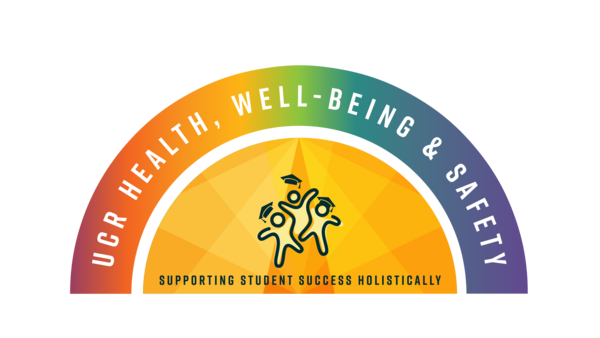CAPS December Services Updates
12/15 - 12/17: CAPS is remote and providing virtual services only
12/18 - 12/19: Closed for all-staff meetings
12/22 - 12/23: CAPS is remote and providing virtual services only
12/24/25 - 1/2/26: Closed for Winter Break (we will reopen on 1/5/26)
To speak to a 24/7 crisis counselor: Call 951-UCR-TALK or 951-827-5531 and select option 1
To speak to our front desk: Call 951-827-5531 and select option 2

Becoming More Assertive
Becoming More Assertive
Do you feel that some people overlook or take advantage of you? Do they lean on you when you wish they wouldn't? Do you sometimes fume internally and resent them while you appear pleasant and accepting on the outside? Is this a pattern in your life in which you feel caught or trapped? If so, you may wish to learn assertiveness skills.
Being assertive means expressing your feelings, thoughts, wishes and needs when you want to, and standing up for yourself and your rights without violating the rights of others. It is a skill which can be developed by anyone at any point in life, a skill which you can choose to use when and where you wish, a skill which enhances self-care and self-respect.
The Assertive Style
Being assertive involves direct communication of one's observations, opinions, feelings and needs. It involves action and initiation, openness to negotiation and compromise, and the ability to act with firmness and commitment. When being assertive, you convey an air of confidence, strength, and willingness to communicate openly and honestly about yourself, your perspectives, your feelings and your wishes - without whining, pouting, guilt trips, blaming, avoiding or attacks. Assertive people assume responsibility for themselves and their experience.
Practice, Practice, Practice
Give yourself permission to become assertive in the expression of your thoughts, feelings (positive and negative), wants and needs. Study the "what" and "how" of assertiveness by observing people "in the field" who model assertiveness well. Identify elements as concretely as possible. Practice being assertive in your imagination - seeing in your mind's eye what to do and how to do it, feeling the confidence to do it, and creating an inner dialogue with yourself that supports and encourages you to do it. Rehearse self-assertiveness with a trusted and sympathetic friend by role-playing situations in which assertiveness would be desirable. Practice being assertive in real-life situations which have a low degree of threat and anxiety for you, e.g., turning down an invitation that you do not wish to accept, asking a favor of someone, etc. Practice being assertive in real-life situations where the level of threat and anxiety are gradually increased.
Don't Get Discouraged
When you are in situations where assertiveness is desirable and you feel anxious and hesitant, it is useful to acknowledge your feelings, take some deep breaths and relax your body and reassure yourself about the appropriateness of expressing yourself directly and honestly. Remember also that developing confidence in a skill is incremental. It develops step-by-step, with practice and reinforcement.
Undoubtedly as you're developing and refining your skills as an assertive person, you will be confronted with situations where you waffle, lose your confidence and "chicken out." It's to be expected since this type of learning is a two-step-forward, one-step-backward type of phenomenon. Recognize your temporary backsliding without self-criticism, undue disappointment or despair. Belittling yourself over what you should have said or done is not beneficial.
Embrace the Real 'You'
Assertiveness is a learned skill that enables people to live life more effectively and happily. Recognize that you are the "resident expert" about your thoughts, feelings, motives, beliefs, wishes and needs because you live in your body 24 hours per day. No one can know your inner experience as intimately as you. To let others know and respect the "real you," you have to be open and direct in expressing yourself with your thoughts, feelings (positive and negative), attitudes, beliefs, wishes, needs, etc.



